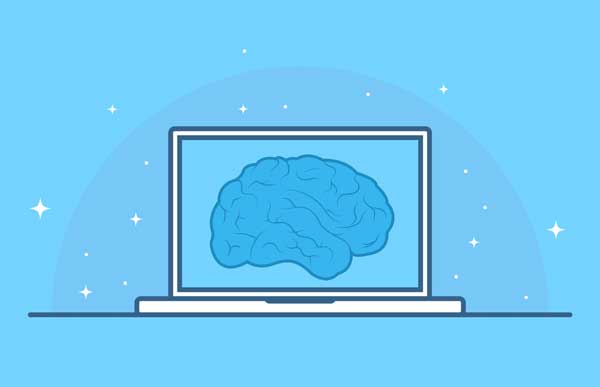Recent study reveals AI’s varied impact on job markets

[Cartoon illustrating how easily accessible Artificial Intelligence is. Photo Credit to Pxhere]
With the rapid advancement of artificial intelligence (AI), there are widespread predictions that AI will replace many jobs, especially in specialized fields.
However, a recent study reveals that AI has a lesser impact in areas like writing (63%), design (51%), and language translation (50%).
These industries still heavily rely on human creativity and nuance, which AI has yet to fully replicate.
The study suggests that jobs requiring a high degree of creativity and a human touch are less likely to be fully replaced by AI in the near future.
On the other hand, jobs that involve repetitive tasks and data analysis are at higher risk of being impacted by AI.
For example, 72% of companies reported using AI to eliminate certain positions in supply chain optimization.
Similarly, roles such as legal research (65%), financial analysis (64%), and predictive maintenance of fixed assets (65%) are more susceptible to AI’s influence.
The report provides several important factors why AI is replacing specific job roles.
As AI platforms grow in popularity, employees and college students worldwide are worried about the future of their careers.
After all, these tools have been proven to significantly improve productivity across various work tasks.
However, is AI genuinely replacing jobs in the business world today?
Due to the nature of AI platforms on the market today, it is reasonable to assume that certain jobs are more likely to be replaced by AI.
The ongoing writers’ riot in Hollywood underscores this concern, as writers fear that AI could encroach upon their creative roles.
Sparked by contract disputes and the threat of AI-generated content, writers have taken to the streets to protest against studios they feel undervalue their work and jeopardize their job security.
This unrest highlights the growing anxiety within creative industries about AI’s potential to replace human talent.
Despite AI’s rapid rise, its impact on job displacement is not as high as some might expect.
One reason is the current lack of trust in AI, particularly regarding the risk of providing false information.
In fact, 49% of companies surveyed expressed concern over large-scale linguistic AI models generating incorrect information.
As a result, many companies are hesitant to fully entrust their operations to AI systems prone to errors.
This reluctance means many jobs and skills remain safe for now.
Skills such as communication, problem-solving, and time management are still highly valued in the workplace, areas where AI technology lags behind human capabilities.
Moreover, the importance of AI expertise in hiring decisions has not yet taken off.
In fact, only 43% of respondents considered AI expertise at least moderately important to the hiring process, the lowest score across research.
In conclusion, artificial intelligence can be used to create more jobs rather than eliminate them.
By saving time through AI, people can focus on more strategic, creative, and productive work.
Therefore, rather than fearing AI, it is beneficial to embrace it and enhance capabilities through continuous learning.

- Kunwoo Lee / Grade 12 Session 7
- The Science Academy STEM Magnet

![THE HERALD STUDENT REPORTERS [US]](/assets/images/logo_student_us.png)
![THE HERALD STUDENT REPORTERS [Canada]](/assets/images/logo_student_ca.png)
